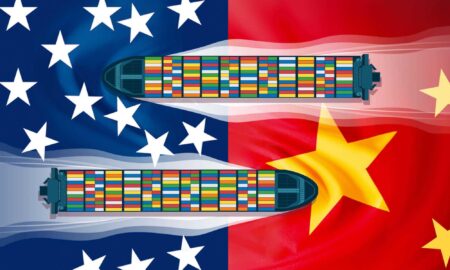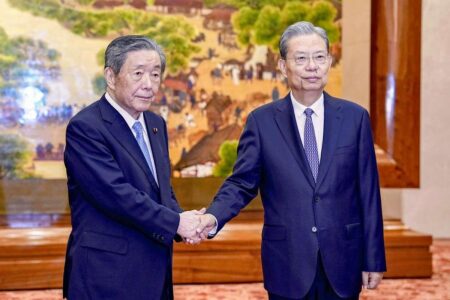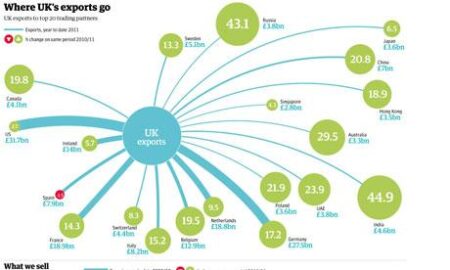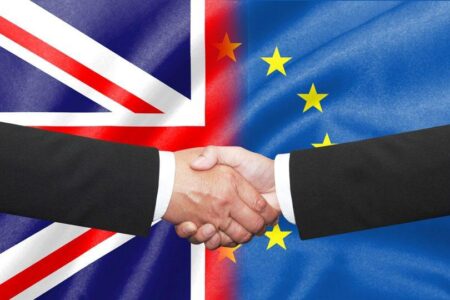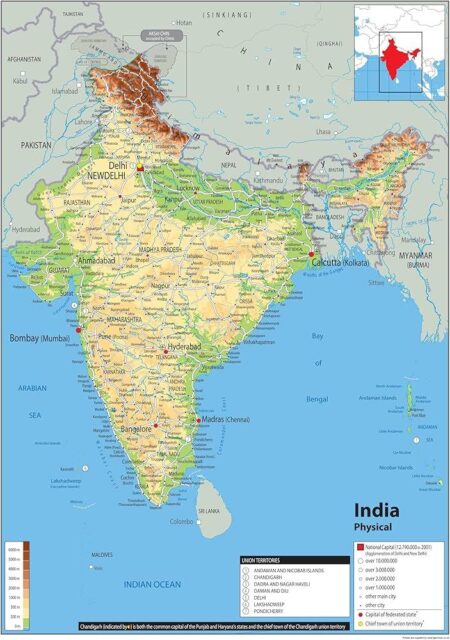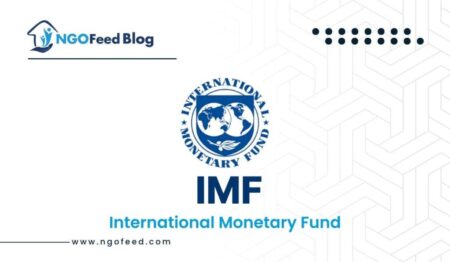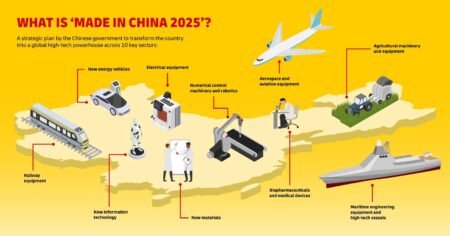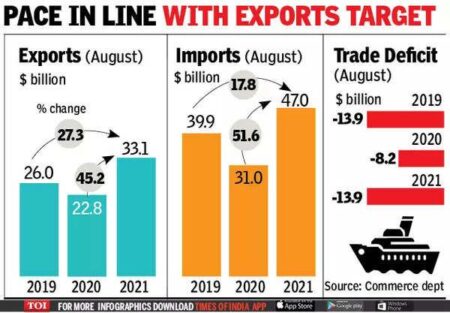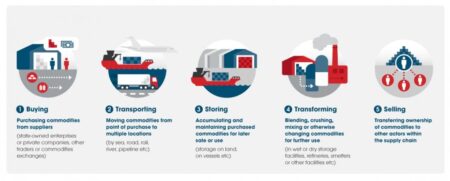Westpac Banking Corp has unveiled a lackluster profit report, leading to a dip in its share prices. This revelation comes as the bank raises alarms about escalating global trade risks. The announcement not only reflects worries about economic stability but also shakes investor confidence across the financial sector.
Browsing: global trade
China’s trade war narrative has taken a dramatic turn, placing former President Trump in the spotlight. This shift not only scrutinizes his economic policies but also raises critical questions about his approach to international relations. As tensions continue to rise, political analysts are buzzing with speculation about how this could impact the upcoming 2024 election
Japan’s lawmakers have raised an urgent alarm, cautioning that U.S. tariffs on Japanese products could jeopardize regional security, especially amid escalating tensions with China. They emphasize the critical importance of collaboration to effectively counterbalance China’s growing dominance in the Asia-Pacific region.
In an exciting development, China has officially welcomed Brazilian wild caught seafood into its market! This strategic shift in sourcing aims to diversify suppliers and meet the surging global demand for seafood. With this move, Brazil is set to emerge as a significant player in the industry, bringing fresh opportunities and flavors to tables around the world.
China’s budget-friendly parcels are about to face new duties, shaking things up for both consumers and sellers alike. This policy change is designed to create a fairer competition for local products, but it could also mean that shoppers who depend on those wallet-friendly imports might see their costs rise
Air France KLM Cargo has kicked off the year on a high note, reporting an impressive first quarter that highlights a robust recovery in demand and operational excellence. With significant boosts in cargo volumes, the airline is demonstrating renewed confidence in the air freight market, even as global challenges persist.
In a powerful counter to U.S. protectionist measures, the UK and EU have unveiled a dynamic joint declaration championing “free and open trade.” This bold initiative highlights their unwavering dedication to multilateral economic collaboration, aiming to fortify relationships in the face of global uncertainties.
Trump’s trade war with China has thrust Japan into a challenging dilemma, compelling the nation to carefully balance its relationship with its crucial ally, the U.S., and its main trade partner, China. With tariffs on the rise, Japanese businesses are grappling with uncertainty as they strive to preserve their competitive edge in an increasingly volatile market.
China has achieved a remarkable milestone with a record monthly re-export of liquefied natural gas (LNG), all while grappling with sluggish domestic demand. This unexpected surge hints at evolving global market dynamics, as the nation adapts to its shifting energy landscape.
In an exciting development for global trade, France has committed a remarkable EUR 1.9 million to empower developing economies and least developed countries (LDCs). This funding, unveiled by the World Trade Organization, is set to drive sustainable development and foster trade equity across the globe.
The UK is actively exploring the possibility of slashing tariffs in a bid to clinch a post-Brexit trade deal with the Trump administration. This strategic maneuver highlights London’s determination to build fresh economic connections as global trade dynamics continue to evolve.
Japan is urging G20 nations to step up and take bold action to stabilize the increasingly volatile global markets. The Japanese government has raised alarms about the potential fallout from U.S. tariffs, cautioning that these measures could threaten economic recovery efforts around the globe.
India is under growing pressure to lift tariffs and open its doors wider to global giants like Amazon and Walmart’s Flipkart. As these industry titans seek to expand their footprint, the government finds itself at a crossroads, striving to balance the needs of local businesses with the allure of foreign investment. The stakes are high, and the path forward is anything but straightforward.
The International Monetary Fund has adjusted its growth forecast for the UK, reflecting the persistent influence of Trump’s tariffs on the global economy. This revised outlook raises alarms about escalating trade tensions and their far-reaching consequences for economic stability.
Canada is rapidly establishing itself as a global powerhouse for raw materials, fueled by its abundant reserves of essential minerals and a strong commitment to sustainable practices. Experts believe this trend not only highlights Canada’s potential but also positions it as a crucial player in satisfying the world’s ever-growing demand for resources.
America’s wine industry is grappling with significant hurdles as global tariffs tighten their grip on profits. In a bold retaliatory action, Canada has slapped extra duties on U.S. wines, intensifying a crisis that puts small vineyards and the entire sector at risk.
In a significant meeting at the White House, former President Donald Trump and Italian Prime Minister Giorgia Meloni came together to tackle the pressing issues surrounding trade agreements amidst growing tariff uncertainties. Both leaders passionately underscored the importance of collaboration, aiming to strengthen the economic bonds that unite the U.S. and Italy.
China’s bold “Made in China 2025” initiative set out to revolutionize the nation’s manufacturing capabilities, yet it has drawn scrutiny for its heavy dependence on state backing and a lack of groundbreaking innovation. As the world evolves, experts are calling for a more flexible strategy that can keep pace with these dynamic changes
In 2024-25, India’s exports to the United States skyrocketed to all-time highs, showcasing the deepening economic partnership between the two nations. At the same time, imports from China surged to new peaks, underscoring the intricate and evolving landscape of India’s trade relationships.
Exciting news for commodity traders! They are gearing up to submit their bids for Italy’s vital gas storage facility, the Interconnector Pipeline (IP), by May. This strategic initiative is a key part of Italy’s mission to bolster energy security in response to the surging demand for resources.


